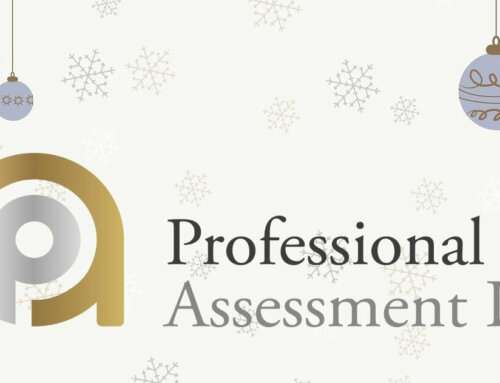Clarification Version of the Apprenticeship Funding Rules – Key Points to Note
The ESFA recently published the clarification version of the 2021/2022 funding rules. The clarification version is effectively a first draft of next year’s rules.
Below is a summary of the most important changes for training providers:
1. Dialogue with the EPAO must commence at least 6 months before the planned end date, and the employer must select and negotiate the price with the EPAO at least 6 months before the apprentice reaches the gateway.
2. Subsidy control. Waiving the employer contribution for small employers and transfers of funds between employers are likely to amount to subsidy control. There is a new evidence requirement – employers will be required to sign a ‘subsidy declaration’ and training providers must obtain a copy of it for the learner file.
Refer to paragraphs P267-P270 of the draft rules, link below.
3. Initial assessment evidence must be on file, specifically including:
• identifying RPL
• diagnostic assessments, where required
• identification of Learning Support needs
4. For learning support claims, the evidence pack must include:
“P366.1 Evidence that an assessment to identify the support the apprentice needs has been carried out . This evidence must include:
P366.1.1 The assessment of learning needs
P366.1.2 Details of the identified learning support needs; and
P366.1.3 Confirmation that the learning support needs identified must be supported to ensure the individual can complete their apprenticeship.
P366.1.4 In instances where you, as the main provider, have identified a learning support needs without an official diagnosis, details of how this requirement was acknowledged prior to an assessment being undertaken”
5. New categories for residency for eligibility, reflecting post-Brexit requirements.
UK Nationals are eligible if they have been ordinarily resident in the UK or EEA or a combination of both for at least the last 3 years.
EEA Nationals:
• Irish Nationals are eligible if ordinarily resident in the UK, Ireland or EEA for at least the last 3 years
• All other EEA nationals are eligible if they have obtained pre-settled or settled status under the EU settlement scheme AND they have also been ordinarily resident in the EEA, Gibraltar or the UK for at least the last 3 years
A non-UK national (with exception to those that fall into the categories above) is eligible for funding if they have permission from the UK government to live in the UK (not for educational purposes), and have been ordinarily resident in the UK for at least the previous three years before the start of the apprenticeship.
There are also various subtle but important changes to subcontracting requirements. As we approach the new funding year, lead providers should put controls in place to ensure compliant subcontracting from the start of the funding year.
P175 You must also publish, before agreeing the use of subcontractors with any employer, the services you will provide when subcontracting and how you determine the associated costs. You must set out your full range of fees retained and charges, which must be eligible costs, that apply including:
P175.1 funding retained for quality assurance and oversight; and
P175.2 funding retained for administrative functions such as data returns.
P176 You must also set out how you will determine that each cost claimed by a subcontractor is reasonable and proportionate to the delivery of their teaching or learning and how each cost contributes to delivering high-quality learning.
Previously the above only had to be shared with the employer. Now they must be published on your website.
P177 The ESFA will reserve the right to require an explanation where the funding you have retained as your management fee for a subcontract exceeds 20% of the overall contract but offers little value.
P178 We expect these policies, including the rationale, to be reviewed by you ahead of each funding year, and signed off by those charged with overall responsibility for your organisation in your governance structure. Once reviewed, the updated policy must be published by 31 October each year.






